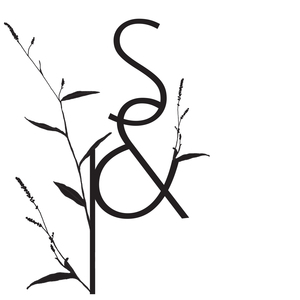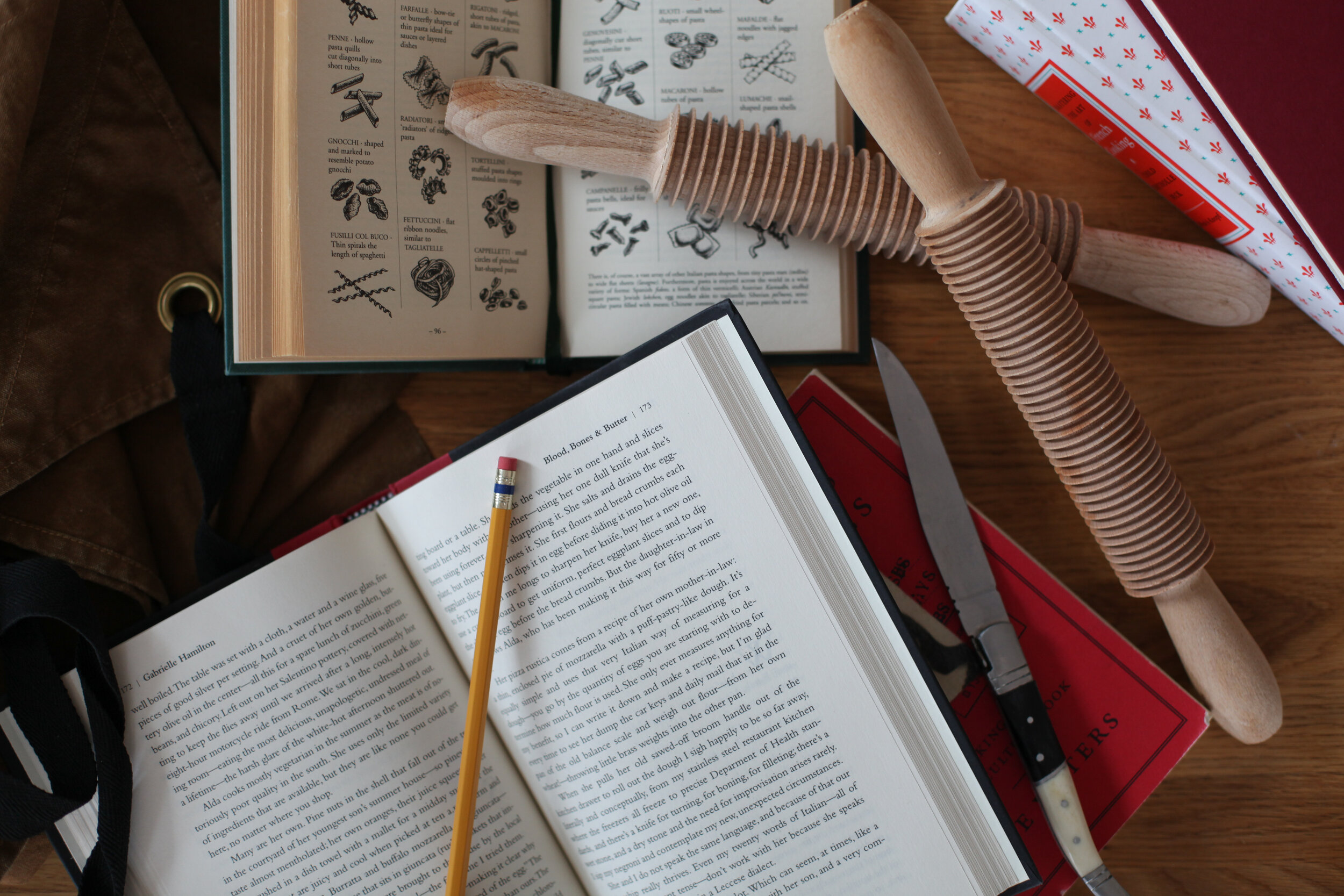I am nothing if not these two things: a voracious reader and a voracious eater. I have somehow turned my love for reading into a love for writing but I can’t say the same for cooking. I honestly don’t know where the disconnect is. My Puerto Rican family loves to cook, but for whatever reason I did not inherit this lovely (and very useful) talent.
Who knows maybe I haven’t given cooking a fair shot or I just need to stop being a scaredy cat, that’s for me and my therapist to work through. This I do know: the thing I like most just under eating food is reading about it. Especially food memoirs, the best ones of which blend mouth-watering descriptions of dishes while intertwining personal stories of love and loss. They are heartbreaking, hilarious and connect with us on a deep level that only sharing a meal can match. From Gabrielle Hamilton to MFK Fisher to Tamar Adler, these writers blend the universality of food and the experiences that are wrapped up in them into a perfect soufflé.
I have round up some of my favorite food memoirs that I have encountered from my years as a local librarian and literary foodie if you are so interested. Enjoy!
Heartburn by Nora Ephron
Ephron turned something as emotionally debilitating as heartbreak (and not teeny-bopper heartbreak, I’m talking OMG-I-moved-to-another-state-and-had-two-kids-with-you-what-is-going-on heartbreak) and made it funny. Ephron is often written off as that sappy rom-com writer but her writing (especially in this book) is an emotional gut punch while simultaneously making you laugh and serving you delicious mashed potatoes to make it all feel better.
The Cooking Gene by Michael Twitty
If food is identity, then I can’t imagine a more complex and provocative culinary tradition than Southern food. In fact, what is Southern food? And what are you saying and what do you mean when you say you love it? These are the questions culinary historian Michael Twitty delves into in his memoir, where he traces his ancestral lineage and the food they cooked which would influence a whole nation. Through his experiences of reenacting slave tasks and cooking traditions (all while wearing traditional slave garb) Twitty suggests that food and the sharing of this food can lead to healing and a more inclusive and complex understanding of America.
How to Cook a Wolf by MFK Fisher
Written during a time of war and scarcity, MFK Fisher’s seriously revolutionary memoir was (and still is) a guiding light of humor and good sense, the likes of which I have never read before or since. Fisher believed good food and hosting a meal are the best (and most fun) forms of resistance and survival. Instead of your usual recipes, Fisher’s memoir has chapters from the seemingly mundane ‘How to Boil Water’ to the inspiring ‘How to Keep Alive’. While reading this book, I came to understand that sustenance means more than the food we eat, that finding joy even in the darkest of times is what truly nourishes us.
Blood, Bones, and Butter: The Inadvertent Education of a Reluctant Chef by Gabrielle Hamilton
I have always been intrigued by chefs. They seem so otherworldly to me, these people who understand food and flavor in a way I will never be able to. This memoir is a look inside the making chef Gabrielle Hamilton and the wild rollercoaster of a journey from the dilapidated rural kitchen of her childhood to traipsing around Europe where she learned the true meaning of hospitality to running her own restaurant in NYC. Hamilton perfectly captures the intoxicating service industry world that is full of grit and humor.
An Everlasting Meal: Cooking with Economy and Grace by Tamar Adler
This is a book that I picked up thinking it was a cookbook only to find myself holding a guide to living fully. Seriously, I know that sounds so cheesy but hear me out! I instantly knew I was reading something special when the first chapter was a rapturous look at boiling water. BOILING WATER. She actually asks you to taste the water while it’s boiling (and after adding a pinch of salt) to see if it tastes good, the idea being that every step of cooking should taste good. I can’t exactly say why but that small tip just blew my mind. Just like MFK Fisher before her, Adler encourages folks to use whatever ingredients they have available to them to create something truly delicious while making the experience of cooking that dish worthwhile and fulfilling. Ugh I can’t really explain it just go read it.
My Life in France by Julia Child
From the moment I saw Julia Child walk into the screen of my local PBS channel I knew this was my gal. This is a person who radiated her love for cooking and delicious food through the TV screen with her charm and bubbly personality. Her joy was and still is infectious especially through her memoir, which covers her life leading up to the publication of her magnum opus Mastering the Art of French Cooking. If I could have one wild wish fulfilled it would be to visit Paris with Julia Child as my guide and confidant. I imagine she would show me the best places to eat while giving me advice on shopping for size 11 shoes.
Home Cooking: A Writer in the Kitchen by Laurie Colwin
I don’t mean to make assumptions about who is reading this but I’m just gonna take a big swing and say ‘Laurie Colwin is US’. She is me, writing this piece past my deadline, drinking delicious locally made beer on my kitchen counter sitting next to the radiator. She is you, reading this while making dinner with ten plus ingredients for a single serving over a tiny stove that is maybe 10 degrees hotter than it should be. And she is you, the person who brings their friend homemade cookies because they just had a bad break up and these cookies will ABSOLUTELY make them feel better. Out of all these writers, Colwin is the only one I felt I was right along side with, who understood my struggles as a young woman trying to write and trying to eat really good food.
Story by Nina Guzman
Photograph by Erin Wilson

